OpenAI, the pioneer in artificial intelligence development, made significant waves during its first developer conference in San Francisco by introducing groundbreaking updates to its AI tool, ChatGPT. The event showcased OpenAI’s commitment to innovation, with announcements that are set to reshape the landscape of AI technology.
A Year of Progress
The highlight of the conference was OpenAI’s revelation about the exponential growth of ChatGPT. CEO Sam Altman proudly stated that over 2 million developers now actively use the platform, and an astonishing 90% of Fortune 500 companies have integrated its tools into their internal processes. Currently, ChatGPT boasts an impressive 100 million active users.
One of the most remarkable aspects of this growth is the fact that it has catalyzed a competitive surge among tech companies, initiating an arms race to develop and deploy AI tools similar to ChatGPT. Microsoft CEO Satya Nadella, an early partner of OpenAI, joined Sam Altman on stage during the conference. Nadella expressed his amazement, stating, “It’s so different and new. I’ve been in the infrastructure business for three decades – and never seen anything like this.”
Introducing Customized GPTs
The biggest revelation of the event was the introduction of GPTs, which stands for customized versions of ChatGPT. Comparable to plugins, GPTs possess the remarkable ability to connect to databases, be integrated into emails, and facilitate e-commerce orders. OpenAI envisions a wide range of applications for GPTs, from math tutoring to marathon training or even designing stickers, all without the need for prior coding experience. Users can easily experiment with GPTs by visiting chatgpt.com/create.
Creating a GPT is as simple as starting a conversation, providing instructions and additional knowledge, and selecting its functionalities, such as web searching, image creation, or data analysis. OpenAI has made it incredibly user-friendly, democratizing the power of AI.
The Birth of the GPT Store
OpenAI is also set to launch a GPT Store later this month, a digital marketplace where GPTs can be discovered and accessed with ease. Similar to traditional app stores, the GPT Store will feature a leaderboard and highlight useful tools across various categories, including productivity, education, and entertainment. Developers will also have the opportunity to monetize their GPT creations based on the number of users.
GPT-4 Turbo: A Leap Forward in AI
Another significant announcement was the unveiling of GPT-4 Turbo, the latest iteration of the technology behind ChatGPT. GPT-4 Turbo is capable of handling input equivalent to about 300 pages of a standard book, a remarkable sixteen-fold improvement compared to its predecessor.
OpenAI plans to continually expand the knowledge base of GPT-4 Turbo through April 2023 and promises ongoing improvements. Sam Altman emphasized, “We are just as annoyed as all of you, probably more, that GPT’s knowledge of the world ended in 2021.” This commitment to knowledge expansion ensures that OpenAI’s technology remains at the forefront of the AI landscape.
Cost-Efficiency for Developers
In a strategic move, OpenAI has also reduced the price for developers to a mere $0.01 for 1,000 input tokens, which is approximately three times cheaper than GPT-4. This significant price cut will enable developers to optimize their costs while running large volumes of information through OpenAI’s systems.
Enhanced Features and Privacy
OpenAI’s commitment extends beyond performance enhancements and cost reductions. The company is also focusing on safety and privacy. Notably, conversations with ChatGPT are not shared with developers or third parties, ensuring user confidentiality.
Furthermore, OpenAI introduced Copyright Shield, a groundbreaking feature that allows the company to intervene and cover costs in the event of copyright infringement issues. This move aligns OpenAI with rivals such as Google and Adobe, demonstrating a dedication to legal compliance and user protection.
Industry Reactions
Arun Chandrasekaran, an analyst at Gartner Research, commented on OpenAI’s latest developments, saying, “The price and performance improvements, model customization, and legal indemnification will have more immediate impact as these capabilities have been sought by developers for a while now. The autonomous agents will take more time to create an impact but are bold steps ahead for the future of Generative AI.”
The Future of Generative AI
OpenAI made it clear that the recent announcements are only the beginning of what lies ahead. In a statement, the company expressed its vision for GPTs to become even more useful and intelligent, with the eventual ability to handle real-world tasks. OpenAI recognizes the importance of a gradual transition, involving careful technical work and societal adaptation.
As we witness OpenAI’s continuous strides in AI innovation, it becomes increasingly evident that the future of Generative AI is incredibly promising.
The OpenAI developer conference was a testament to the company’s commitment to revolutionizing the AI landscape. With the introduction of GPTs and the GPT Store, cost-efficiency measures, enhanced privacy features, and ongoing improvements in AI technology, OpenAI is poised to remain a trailblazer in the field.
The journey towards the future of Generative AI has only just begun, and OpenAI’s dedication to incremental progress ensures that we can expect more groundbreaking developments in the near future.




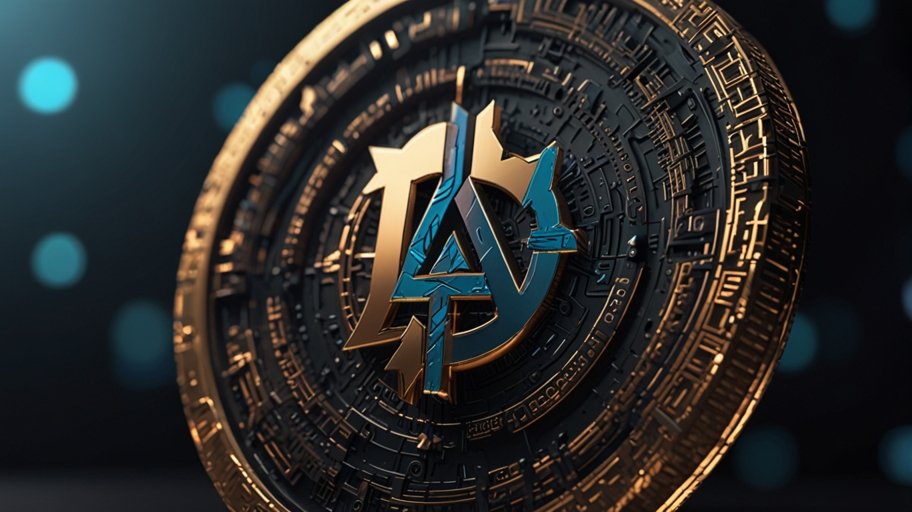
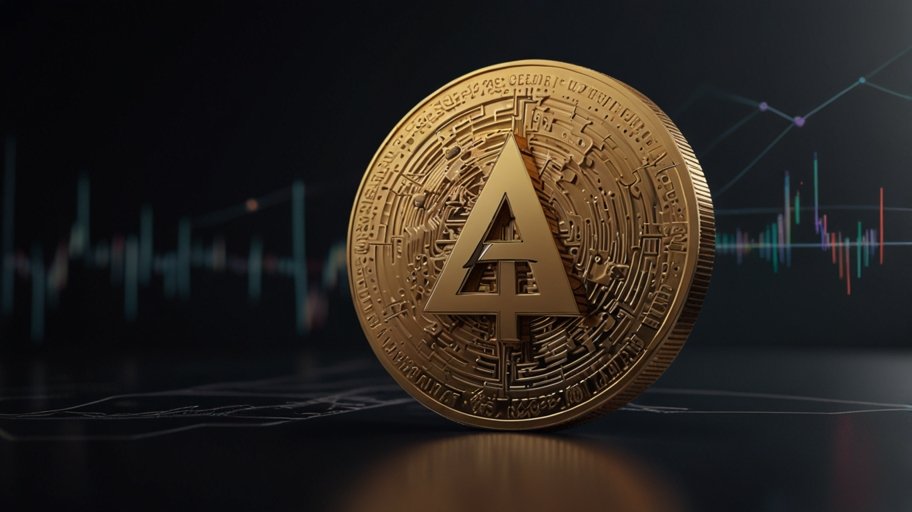
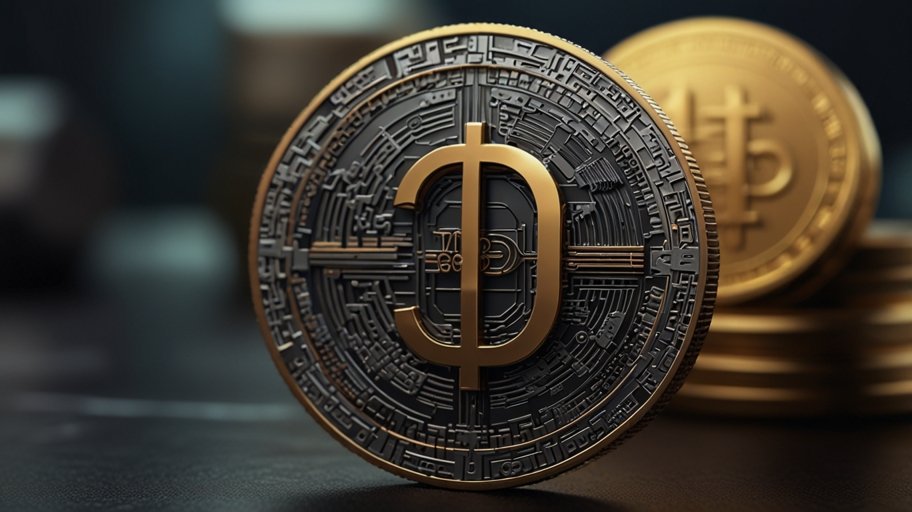
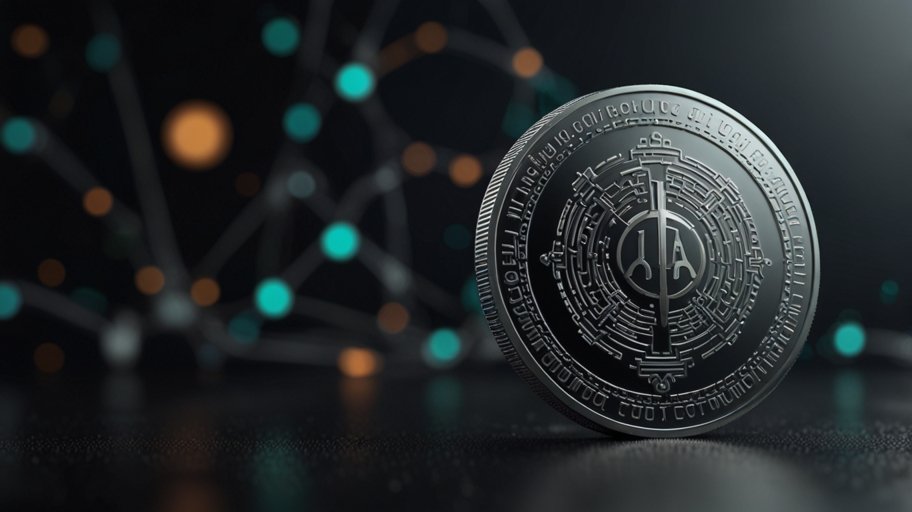
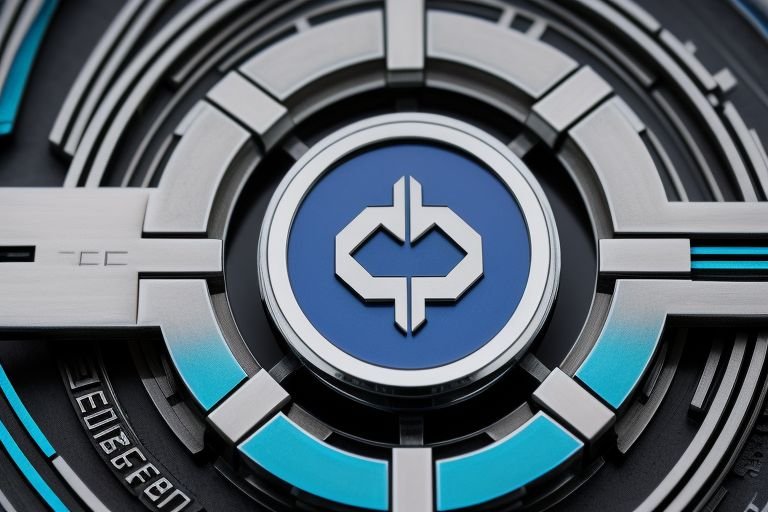
Leave a Reply